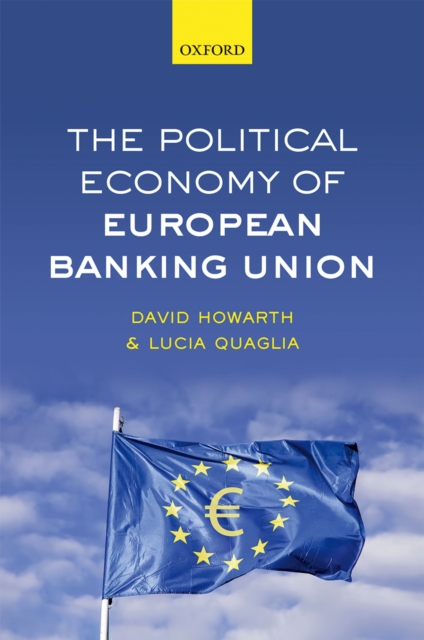
The Political Economy of European Banking Union PDF
by David Howarth, Lucia Quaglia
Description
The establishment of Banking Union represents a major development in European economic governance and European integration history more generally.
Banking Union is also significant because not all European Union (EU) member states have joined, which has increased the trend towards differentiated integration in the EU, posing a major challenge to the EU as a whole and to the opt-out countries.
This book is informed by two main empirical questions.
Why was BankingUnion - presented by proponents as a crucial move to 'complete' Economic and Monetary Union (EMU) - proposed only in 2012, over twenty years after the adoption of the Maastricht Treaty?
Why has a certain design for Banking Union been agreed and some elements of this design prioritized over others?A two-step explanation is articulated in this study.
First, it explains why euro area member state governments moved to consider Banking Union by building on the concept of the 'financial trilemma', and examining the implications of the single currency for euro area member state banking systems.
Second, it explains the design of Banking Union by examining the preferences of member state governments on the core components of Banking Union and developing a comparative political economy analysisfocused on the configuration of national banking systems and varying national concern for the moral hazard facing banks and sovereigns created by euro level support mechanisms.
Information
-
Download - Immediately Available
- Format:PDF
- Pages:256 pages
- Publisher:OUP Oxford
- Publication Date:15/09/2016
- Category:
- ISBN:9780191043802
Information
-
Download - Immediately Available
- Format:PDF
- Pages:256 pages
- Publisher:OUP Oxford
- Publication Date:15/09/2016
- Category:
- ISBN:9780191043802






